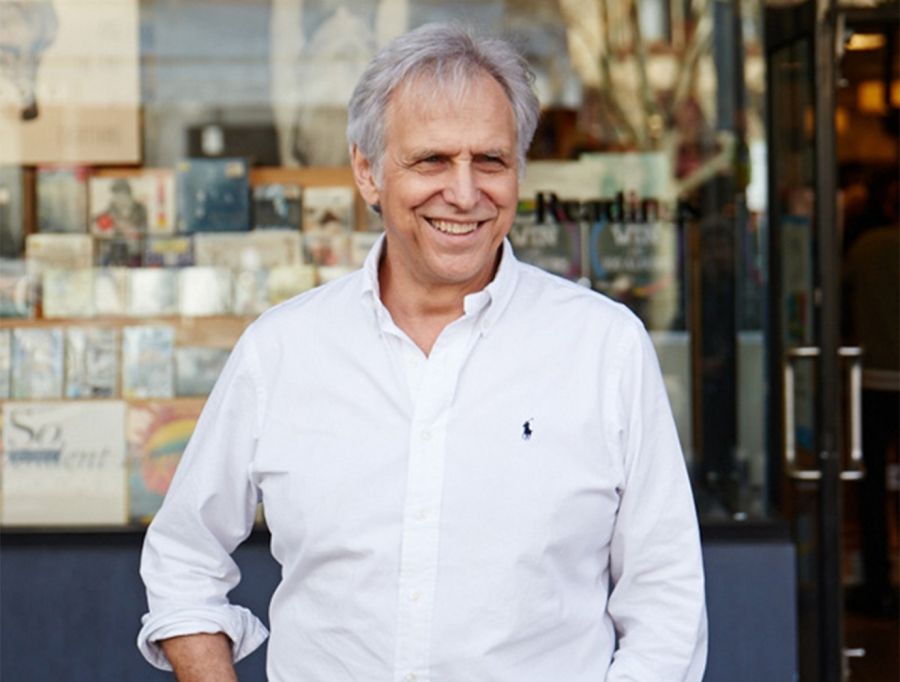
- Free Article: No
- Contents Category: Commentary
- Custom Article Title: Starters & Writers
- Review Article: No
- Custom Highlight Text:
Lloyd O'Neil, long-time publisher of popular Australian non-fiction, has announced that he has sold his company to Penguin. O'Neil is credited with initiating the growth of the indigenous publishing industry in the postwar period. His decision to print his books overseas in 1963 changed the whole nature of the business: ‘For the first time we could produce Australian books at a standard and price that was comparable with overseas,’ he said.
For Penguin, the acquisition of O'Neil takes them into a market they were not in before. It also means that Penguin’s Australian titles will double overnight and will account for 40% of Penguin Australia’s turnover. ‘When you think that the Australian books are competing with all the titles published by Penguin’s overseas companies, that share is astounding,’ said Penguin’s managing director, Trevor Glover.
Under the agreement, Penguin will also acquire the services of Robert Sessions, who will become publisher for the new division, with Lloyd O'Neil heading it. The name of the imprint will change to Viking O'Neil, but O'Neil and Sessions will maintain a fair degree of autonomy: both will have their own editorial and publishing staff, and both will have the responsibility of initiating and commissioning projects.
The acquisition will increase Penguin’s market share dramatically, which is causing some concern. Australian Booksellers Association President Jean Ferguson, commenting on the concentration of the industry, said that ‘such domination should concern all booksellers.’ The managing director of Greenhouse Publications, Sally Milner, said she was saddened by the news, as the concentration of Australian publishing into the hands of the overseas companies was very worrying. ‘Lloyd O'Neil was one of the last of the large Australian owned publishers,’ she said.
Back in October, this column noted a new scheme to sell Australian books to American booksellers.
The scheme was the brainchild of Sydney book distributor, Pat Woolley, and has now been in operation about six months. I rang Pat a few weeks ago to see how things were going:
Fantastic, Mark! I’ve just come back from five days in Los Angeles and San Francisco and I took absolutely heaps of orders, did $US 5,000 worth of business – I could have spent the next 100 years of my life selling Australian books over there. The response was great from most of the booksellers, and orders came from all kinds of shops.
The response seems to confirm her decision to send a full-time salesperson over to America. This month, Steve Lippincott begins work selling Australian books to booksellers on the East Coast. So far, Pat has concentrated on the West Coast booksellers. Steve is an American, who came to Australia in 1981, after marrying an Australian. He gained his experience in books in Australia – first as a bookseller in Sydney, and later working for Methuen Australian in Melbourne. Steve was returning to the United States for family reasons. His return, and Pat’s desire to get someone on the ground in the United States, happily coincided.
He feels that there will be a strong market for Australian books in the tough, but huge, East Coast book market, which includes centres such as New York, Washington, and Boston. Initially, his only salary will be commission on the books he sells, but he is quietly confident that he will be able to succeed.
He believe in Australian publishing with an almost evangelical zeal: ‘Enough imported books have been dumped on Australia in the past, and it’s about time we reversed the trend,’ he said. Both he and Pat believe that they should be able to sell a few thousand copies of a number of titles, given the interest of booksellers and of the local media. Pat Holt, of the San Francisco Chronicle, has promised to do a feature on Australian books, and Jack Miles, at the Los Angeles Times, gave Pat Woolley a warm reception, immediately presenting her with a long list of titles that he wanted for possible review.
After a lot of work and money, Pat is pretty pleased: ‘I think we’re gonna make it, Mark!’


Comments powered by CComment